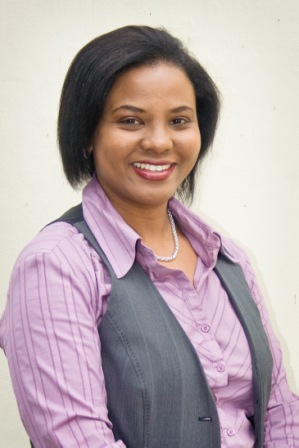
The Faculty of Humanities recently hosted a discussion on reports on the Humanities in South Africa, including the Academy of Science for South Africa’s (ASSAf), “Consensus Study on the State of Humanities in South Africa: Status, prospects and strategies” and the Charter for Humanities and Social Science with the conclusion that Humanities is in a crisis in South Africa.
Dean of Humanities at Rhodes, Professor Fred Hendricks provided a critical response to the ASSAf report, “Consensus Study on the State of Humanities in South Africa: Status, prospects and strategies”. The report, which declares the humanities to be in a state of crisis, calls for “urgent and decisive action from government to arrest the poor state of the Humanities in South Africa”.
In his response, Prof Hendricks noted that “there is much to agree with in this report on the Humanities in South Africa, but there is also a huge amount to differ with in its approach to the problems, its analysis of the issues and its recommendations designed to remedy the perceived crises we face,” highlighting the lack of historical context prevalent in the paper. Also, Prof Hendricks noted the way in which the report is written, which is “seemingly oblivious” to the lived reality in South Africa. “Real problems in the Humanities are tied to real problems in society, and the report ignores this,” he said.
A general lack of substantiation of the claims made throughout the report proves problematic, as Prof Hendricks suggested: “It is unfortunate that such cavalier throwaway comments are made without any substantiation in a report of this nature. In effect we need to ask about the supposed Golden Age from which we have descended. What exactly were its characteristics? Who was responsible? Where are they now?”
Professor Rose Boswell, Associate Professor of Anthropology and Deputy Dean of the Humanities at Rhodes, presented “Reflections on the Charter for Humanities and Social Science”. At the end of June 2011, the reference group for the Charter for Humanities and Social Sciences (CHSS) in South Africa, of which Prof Boswell was a part, concluded its research on 23 institutions of higher learning and submitted its report to the Minister of Higher Education, Dr Blade Ndzimande.
The presentation on the CHSS report discusses the team's findings and reflects on its relevance to humanities and social sciences in South Africa. The report notes that in recent years, science, engineering and technology (SET) disciplines have been prioritised by government and that funding for research in the humanities has declined. The decline in funding, negative reporting on the humanities as well as the decrease in publications outputs indicates that the humanities is in “crisis”.
Prof Boswell described the objectives of the charter and stated that the charter encourages reflection on the current state of the humanities and offers a strategic plan for the reinvigoration of the humanities in South Africa. This is to be achieved via the strengthening continental research and scholarly partnerships, interrogations of the role of Africa in global society, the digitising of knowledge in the humanities and a review of the National Research Foundation’s funding formula.
Prof Boswell stated that the report notes already well known dilemmas, such as the encroachment of managerialism at universities, massive disparities between historically black and white universities and the persistence of gender inequity within the university. However, its recommendations for the “deterritorialisation” of the university student, by increasing continental and international student exchange and providing access to virtual schools, offers a more integrated and globally oriented approach to the reinvigoration of the humanities than the ASSAf report.
Expressing some concerns about the centralisation of strategic planning for the humanities, Prof Boswell concluded that the report and its recommendations are valuable for the humanities because it envisages the production of a “holistically trained global citizen with access to resources beyond the expertise of their country”. Finally, the charter is also valuable because it provides a “kind of road map that we can use to achieve historical redress”.
Story by Sarah-Jane Bradfield
Picture by Sophie Smith
Picture: Professor Rose Boswell
